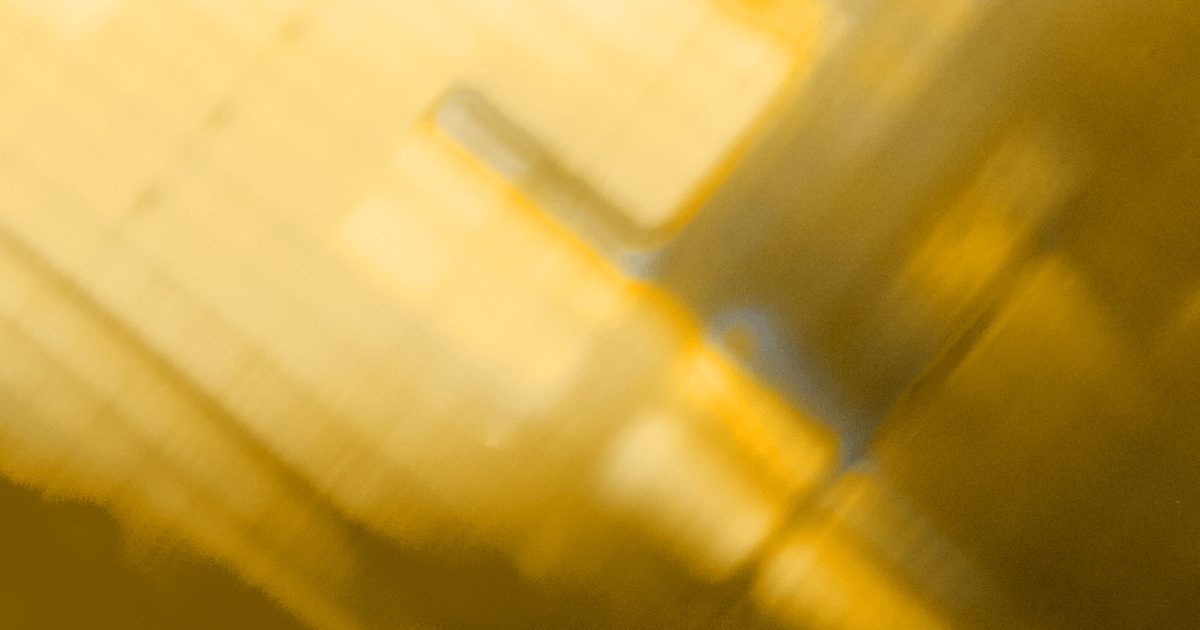November 20, 2023
Industrial biotechnology, often hailed as the third wave in biotechnology, represents a groundbreaking approach in pollution prevention, resource conservation, and cost reduction. It has the potential to surpass the impact of healthcare and agricultural biotechnology, offering businesses a chance to cut costs, open new markets, and protect the environment. This field allows for a faster route to market compared to pharmaceuticals, with new industrial processes transitioning from laboratory to commercialization within two to five years.
Transforming Manufacturing and Product Development
Industrial biotechnology is not just revolutionising manufacturing processes but is also introducing novel products previously unimaginable. Despite its novelty and significant benefits, awareness and understanding of industrial biotechnology’s advantages remain limited among industries, policymakers, and consumers.
Historical Roots and Modern Innovations
Tracing back to 6000 B.C. with the fermentation practices of Neolithic cultures, the journey of industrial biotechnology has been long. The advent of large-scale fermentation techniques in the 1940s, marked by Sir Alexander Fleming’s discovery of penicillin, paved the way for the modern biotechnology revolution post-World War II. Today, industrial biotechnology has evolved to produce everyday enzymes and play a crucial role in various manufacturing sectors.
The Power of Enzymes in Biotechnology
Central to industrial biotechnology are enzymes, nature’s biocatalysts, which facilitate complex biochemical reactions. These enzymes are derived through microbial production, harnessing their ability to speed up and optimise biochemical pathways. The advancement in genomics, proteomics, and bioinformatics has further empowered scientists to refine and apply these enzymes across diverse microorganisms.
Advancing Biocatalytic Applications
The quest for enzymes begins in nature, with genomic studies guiding researchers to discover and enhance enzymes for specific industrial processes. This process often involves identifying, characterising, and, if necessary, biotechnologically improving enzymes to fit industrial needs.
Bridging the Technology Gap
Despite significant advances in biotechnology techniques, a “technology gap” persists, with many in the private sector still unaware of the available biocatalysts for industrial use. Overcoming this gap is crucial for realising the full potential of industrial biotechnology in developing economical and sustainable manufacturing processes.
Conclusion: Paving the Way for a Sustainable Future
Industrial biotechnology stands as a beacon for a sustainable future, offering innovative solutions for cleaner and more efficient manufacturing processes. “New Biotech Tools for a Cleaner Environment” aims to ignite interest in this promising field, bridging the technology gap and steering the world towards sustainable development.
Avery Fairbank excels in the dynamic and innovative field of industrial biotechnology, skillfully connecting progressive companies with top-tier talent in this vital sector. Discover how we can augment your team’s expertise by visiting our executive search services page. If you have specific needs, we encourage you to contact us for a personalised consultation.

Published on 20-11-2023

